What are probiotics?
Probiotics are live microorganisms that support healthy populations of bacteria in your digestive tract when consumed in adequate amounts. When the balance of bacteria in your gut is off, you can develop diarrhea, constipation, bloating, and other ailments. They’re meant to help restore order in the gut, according to the National Center for Complementary and Integrative Health (NCCIH). But whether they actually work is up for debate.
“Probiotics have a lot of touted benefits, however, the data still remains sparse they can deliver on these promises,” says Carolyn Newberry, MD, a gastroenterologist at NewYork-Presbyterian Hospital and Weill Cornell Medicine in New York City. “In theory, improving the composition and type of bacteria in the gut to favor more ‘healthy’ combinations is an exciting proposition, but current products on the market have variable potency and (absorption) into a person’s GI tract.” Here’s what the experts know so far. (Learn even more facts about probiotics here.)
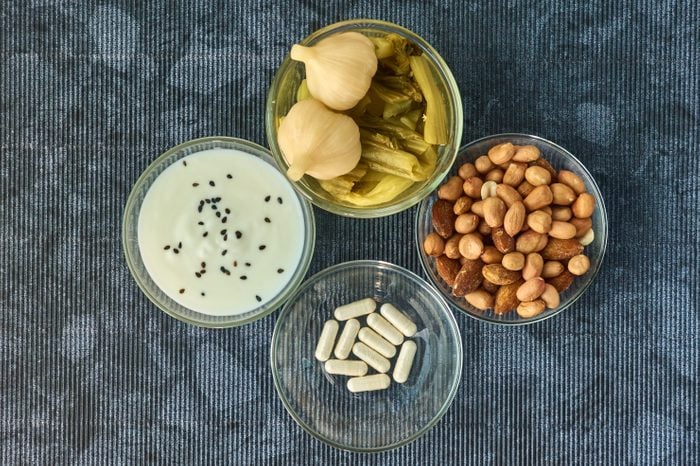
Probiotics basics
Common groups of probiotics include bacteria such as Lactobacillus and Bifidobacterium. Some of the popular strains within these groups are L. acidophilus, L. bulgaricus, and B. bifidum. You’ll want to be sure that a product’s claims are backed by studies done on people—and not just mice, says Gregor Reid, PhD, Distinguished Professor of Microbiology and Immunology and Surgery at Western University in Ontario, Canada, and the Endowed Chair in Human Microbiome and Probiotics at the Lawson Health Research Institute in London, Ontario. There is evidence supporting the use of certain strains to treat or prevent some types of illness, but in other cases, the studies simply haven’t been done yet.
“Overall, probiotics are well tolerated and have minimal side effects, though their health benefits are still being teased out in scientific research,” says Dr. Newberry. “If you are interested in taking a probiotic to improve health or treat a specific condition, you should discuss this with a health care provider.” (Not a yogurt lover? Try these probiotic foods.)

Probiotics may help traveler’s diarrhea
Do probiotics protect against traveler’s diarrhea? The evidence is a bit murky right now. Guidelines issued by the International Society of Travel Medicine in 2017 reported that “there is insufficient evidence to recommend the use of commercially available prebiotics or probiotics to prevent or treat travelers’ diarrhea.” But a more recent review of studies published in Epidemiology and Health suggests that they may help.
“When the 11 research trials for reducing traveler’s diarrhea were combined, the statistics indicate a very small, albeit statistically significant, reduction,” says David Seres, MD, Director of Medical Nutrition and Associate Professor of Medicine in the Institute of Human Nutrition at Columbia University Irving Medical Center in New York City. The tricky part is that the studies used a variety of probiotic strains, says Dr. Seres. “There is no research to compare their effect, nor to inform us on the ideal dosage.” (Check out the difference between probiotics and prebiotics.)
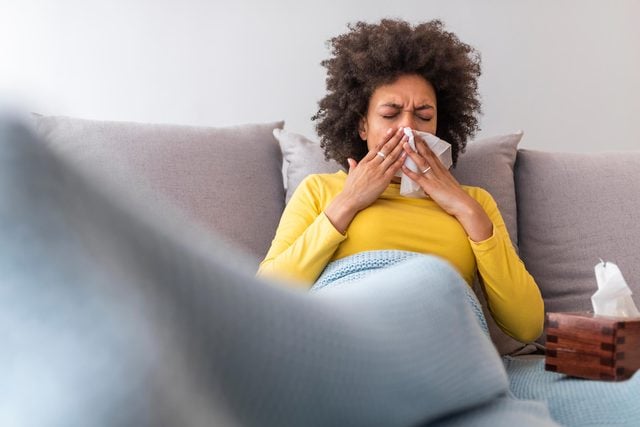
Probiotics can shorten the common cold
Colds can last up to 10 days, but probiotics can shorten the time you feel lousy, according to a review of studies published in 2014 in The British Journal of Nutrition. Researchers found that people who took probiotics cut the time they spent sick by two days. “This means that you can go back to work on Friday instead of missing a whole week if you take probiotics to treat or prevent colds,” Reid says. (Of course, not getting sick at all is even better: Here are 30 everyday mistakes that raise your risk of catching a cold.)

Probiotics can protect preemies
Many premature infants can develop a serious bacterial infection in the intestines called necrotizing enterocolitis while in the neonatal intensive care unit (NICU). “When babies are born prematurely, they do not have beneficial bacteria in their guts, but when probiotics are introduced through feedings, the baby will get the good bacteria and not get this deadly infection,” says Reid, echoing the findings of a review of studies published in 2019 in the Journal of Perinatology. “We have introduced this in our NICU and the rates of necrotizing enterocolitis are almost undetectable.”
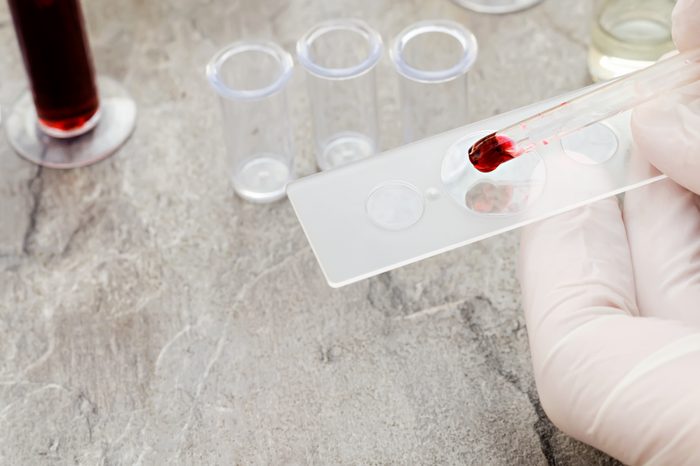
Probiotics can help reduce cholesterol
Probiotics can lower levels of cholesterol, a major driver of heart disease, Reid says. Indeed, a review of 15 studies published in 2017 in PLoS One found that, on average, Lactobacillus probiotics reduced both total cholesterol and “bad” LDL cholesterol levels, and that two types of Lactobacillus probiotics, L. plantarum and L. reuteri, were particularly effective.
“The results are not as dramatic as seen with cholesterol-lowering drugs such as statins,” he says. “But statins tend to have a lot of side effects including muscle wasting.” (When it comes to cholesterol, you still have to watch what you eat and avoid these 10 offenders.)

Probiotics can help treat BV
Certain strains of probiotics—namely L. rhamnosus GR-1 and L. reuteri RC-14—may reduce the incidence of bacterial vaginosis (BV), an infection that occurs when there is an overgrowth of certain bacteria in the vagina. BV, which can raise your risk of getting a sexually transmitted disease, is treated with antibiotics, and a study published in the Canadian Journal of Microbiology suggests that probiotics are helpful when taken with the antibiotic tinidazole. Reid says that research on vaginal probiotic tablets and capsules may improve on the treatment of bacterial vaginosis.

Probiotics can help prevent antibiotic-associated diarrhea
Diarrhea can occur in about a third of people who take antibiotics, according to a review of studies published in 2017 in Antibiotics. The researchers found that taking the right probiotics may lower the risk of developing antibiotic-associated diarrhea. They found that the most effective probiotic strain was Lactobacillus rhamnosus GG, followed by Saccharomyces boulardii.
“There is a small, but growing, amount of literature that suggests taking a probiotic at the same time as an antibiotic can maintain healthy gut flora and prevent infections in the digestive tract,” says Dr. Newberry. “This is likely more important in patients that are sick in the hospital than those in an outpatient setting, though both groups may derive benefit.”
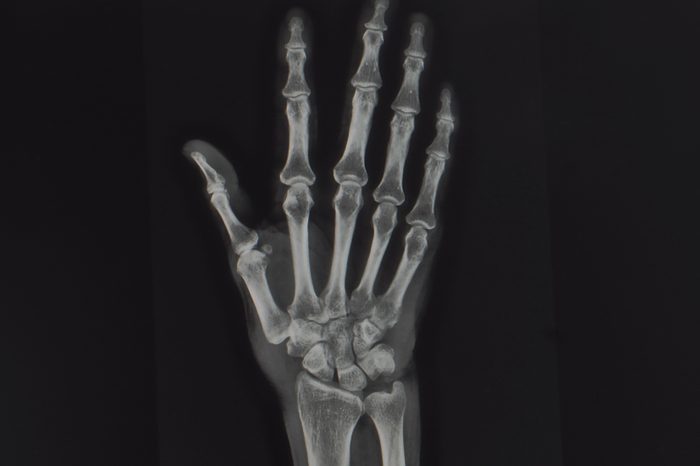
Probiotics may help strengthen bones
Everyone’s bones get weaker with age, and that increases the risk of fractures and the brittle bone disease called osteoporosis. Probiotics such as L. reuteri may reduce bone loss in older women with low bone mineral density, suggests research in the Journal of Internal Medicine. Although researchers aren’t sure why that is, it “may be related to alterations in the gut microbiome that regulate calcium and phosphorus metabolism, which are important components of strong bones,” says Dr. Newberry. “There isn’t enough literature to support routine use of probiotics in most health conditions, so this prospect should be discussed with your doctor.” Here are 30 simple things you can do each day to boost your bones.

Probiotics can’t treat stomach bugs in kids—yet
Two studies in The New England Journal of Medicine—one in the United States and the other in Canada—found that probiotics did little to help treat a severe stomach bug in kids. Reid believes that starting the probiotics sooner might have made the difference. “The children in these studies were already too sick to see a real benefit from probiotics,” he says. “They went to an emergency department and received probiotics on day three of their sickness. Nothing but rehydration can help at that point.” (If you’re not sure whether you have a stomach bug or food poisoning, here’s how to tell the difference.)
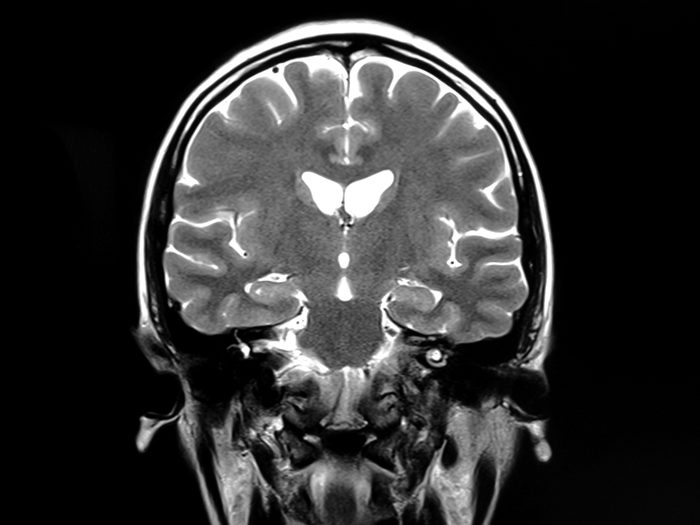
Probiotics can’t treat depression—yet
The gut and mind are intimately connected, so there is a reason to suspect that probiotics will play a role in treating depression in the future, says Reid. However, “we do not recommend any existing probiotics for the prevention or treatment of depression, and human clinical trials have not presented compelling data,” he says. “Probiotics are not substitutes for medication or talk therapy for severe depression or anxiety.” (Here are 10 foods that may help fight depression.)
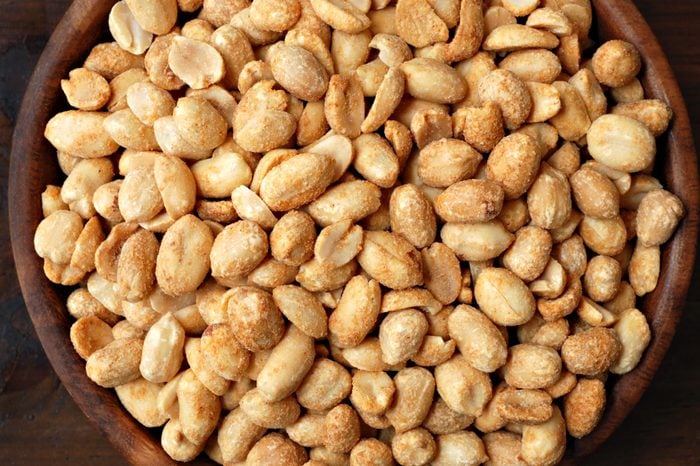
Probiotics can’t help with food allergies—yet
As of now, there are no probiotic strains approved for the treatment or prevention of food allergies in infants or adults, Reid says. “Emerging research might change the role of bacteria in preventing and treating food allergies, but it is in the early stages of development.” (In the meantime, read up on the 9 foods that cause most food allergies.)
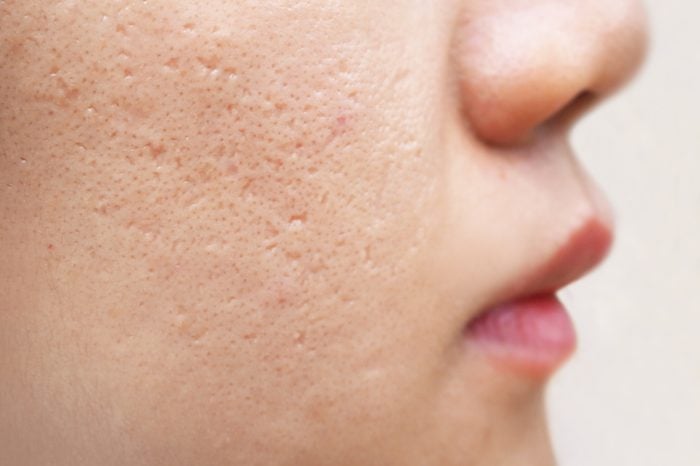
Probiotics can’t treat skin diseases—yet
Probiotics aren’t ready for prime time when it comes to treating or preventing skin diseases such as acne, rosacea, eczema, and others. “We haven’t proven it yet so we can’t make the claim,” Reid says. Many researchers are working on understanding how the skin’s microbiome affects skin issues, and there is a multitude of probiotic skin-care products already on store shelves. (In the meantime, you may want to check out these 10 dermatologist-recommended products for every type of skin concern.)

